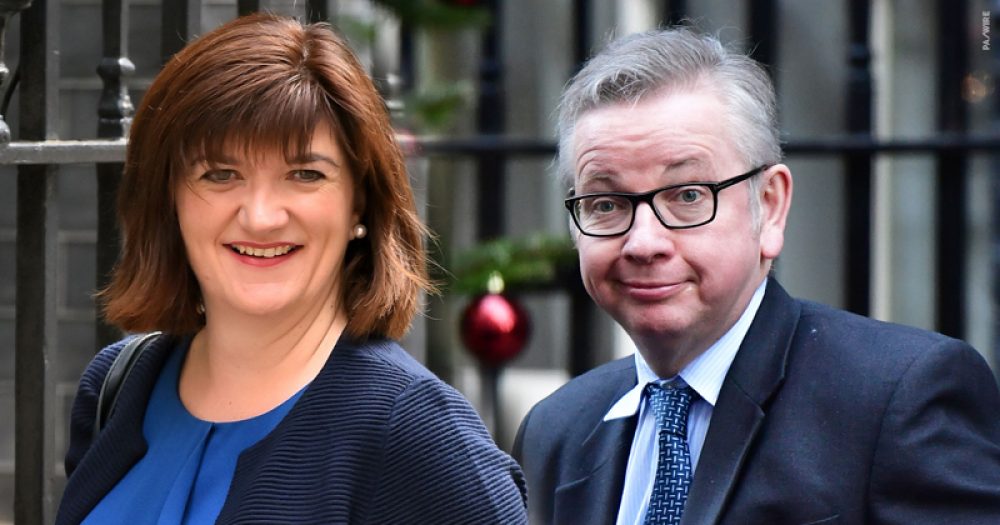The opportunity – thanks to Patrick Wall and edpol – to interview nine former education secretaries about their time in office and the process of policy making was a rare joy indeed.
Some might dismiss such enthusiasm as geeky, and they would be right.
But who cares? If you care about teachers or schools or, indeed, young people – and let’s be honest, you’d have to be some kind of sociopath to be completely disinterested – the question of how our elected masters make their decisions and why is surely a compelling one.
What we found through the course of this project – I interviewed nine education secretaries including Ken Baker, David Blunkett and Michael Gove – were a number of similarities and a number of differences between their experiences, how they viewed their legacies and where they found sources of pride.
Prominent among the consistencies was the idea that pretty much all of them wished they had had more time; many observed they were only really beginning to get a handle on the brief when a replacement was subbed in.
Ken Clarke was clearest about this, describing the life-cycle of a cabinet minister in three acts: the first being complete ignorance, lasting roughly six months; the second being 18 months of frantic activity; the third, after two years, being a decent mastery of the subject and the discovery that you didn’t know what you were doing for the first two years.
Too often, Clarke observed in a hugely entertaining interview, it is at the start of this third phase – when the minister in question finally properly understands what is happening on their patch and what might be done to improve it – that they get fired or shipped on.
Such demands have long been the clarion call of sensible school leaders
Hooray, I can almost hear teachers and school leaders say to themselves. What we need is more consistency of political leadership and more consistency of policy! What we need is a political class that really has mastery of the moving parts of the education ecosystem. Such demands have long been the clarion call of sober and sensible educationalists and school leaders.
Another related message came across consistently throughout these: That it was far preferable for the post-holder to have had time to prepare themselves for the job, to have read themselves into to the role, to have decided what they wanted to achieve in advance and how they might do it. Surely, they argued, this would make for better policy-making.
And – again – I can imagine heads and educationalists nodding with enthusiasm. Much better this, they would think to themselves, than the knee-jerk decision making of a random politician parachuted into the role with no background understanding of schools other than their personal prejudice.
Of course, this makes sense. Except this lesson must also come with a health warning: that this might not turn out how education people hope.
Of all the interviewees, the two who held onto the role deep into Clarke’s third act – who avoided an early bath – were the same two who came into office after enjoying a long period in opposition, with time to strategise and prioritise, namely David Blunkett and Michael Gove.
Both of these totemic figures were undoubtedly highly prepared, invested in their subject matter, passionate, well-read and hugely thoughtful. Both left the education system radically different to the one they inherited. And in both cases, the legacy of their decisions in office – be it a forensic focus on literacy and numeracy in primaries or the emasculation of local authorities – are still felt today.
The lesson? Well, I’ll leave you to decide that for yourself. I certainly wouldn’t jump to the conclusion from the above that the profession’s calls for better policy are being heard. In fact, the idea of ‘listening to teachers’ was the source of considerable inconsistency among ex-edsecs. Ken Clarke was pretty dismissive of it altogether.
But one thing is for sure: an education secretary with a passion for schools policy and mastery of their brief is not necessarily the recipe for calm in the choppy waters of the schools system you might have imagined.













Your thoughts